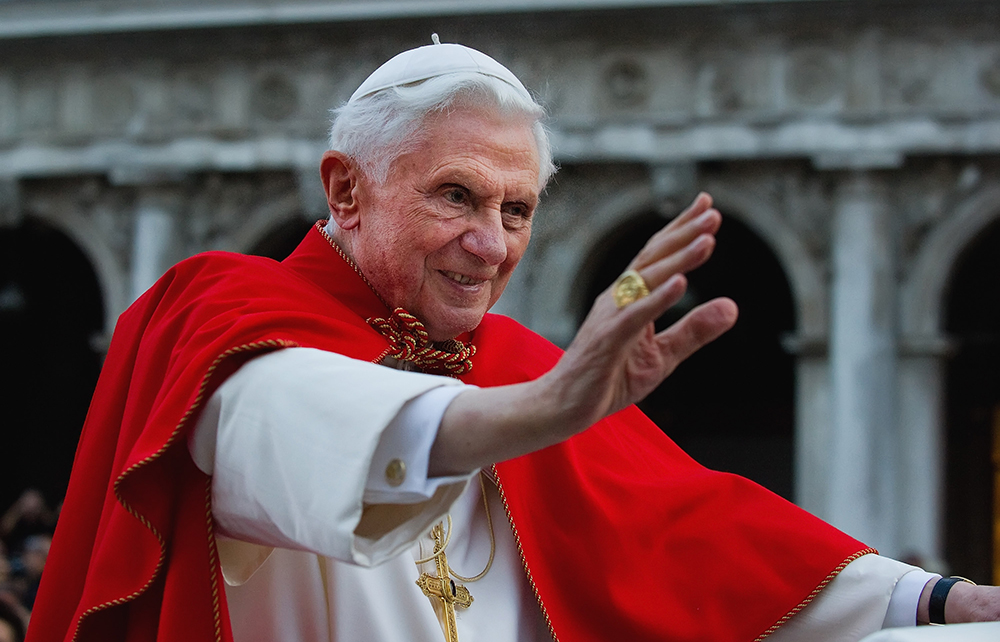For reasons too complex to go into, while completing a doctorate in the German College in Rome in the 1990s, I shared breakfast with the then Cardinal Ratzinger every Thursday morning for nearly three years. Those breakfasts were often initially awkward because, although the Cardinal was always gracious, he had no ‘small chat’ at all and was fairly hopeless at making casual conversation. Ratzinger was a painfully shy man who did not find socialising easy.
At those breakfasts, therefore, I would engage him in theology – at which point he would come alive. I was writing a thesis on the great German theologian Karl Rahner, with whom Ratzinger had taught, and so it was easy to draw him into theological conversation about Rahnerian themes. For Ratzinger was, above all else, an intellectual. He was by nature an academic – but he was also much more than an academic. He was, in my opinion, one of the last great thinkers of the 20th century.
At breakfast, I would engage him in theology – at which point he would come alive
Ratzinger belonged to that flowering of Catholic theology which happened in the middle of the 20th century – when the Church was blessed with a group of outstanding theologians and philosophers who led and guided her through the profound societal change that swept Europe after the war and who helped to shape the modern Church in the wake of Vatican II. Maritain, Gilson, Lonergan, Rahner, von Balthasar, Congar, De Lubac – Ratzinger knew and had worked with them all.
And like many of them, Ratzinger was a polymath. He had an encyclopaedic knowledge of world culture, of literature, of scripture, of the arts. He could play all of Mozart’s piano sonatas, many from memory.
Much later, when working in the Congregation for the Doctrine of the Faith, I taught a course at the Gregorian University in Rome, based on his seminal work Introduction to Christianity – which, as anyone who has read it will know, is anything but a light introduction to Christianity.







Comments
Join the debate for just £1 a month
Be part of the conversation with other Spectator readers by getting your first three months for £3.
UNLOCK ACCESS Just £1 a monthAlready a subscriber? Log in